There are few 4X4s that don’t have Rudolf Diesel’s namesake invention rattling away under the bonnet.
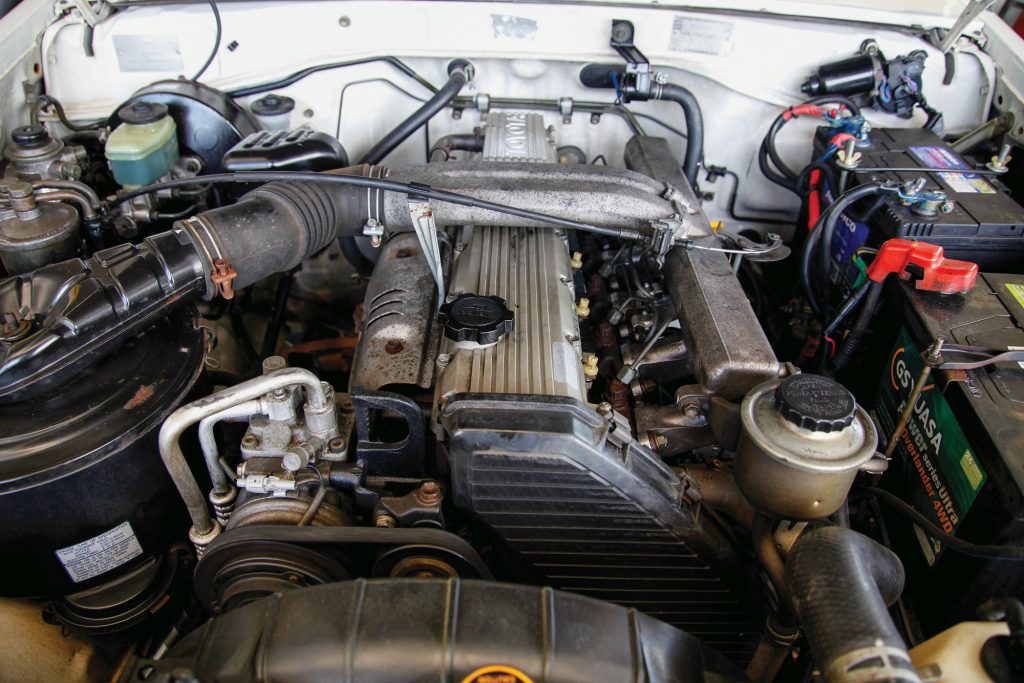
The inventor of the diesel engine, Rudolf Diesel, was born in France during 1858, later settling in England. His foray into the engineering world came after graduating from the Polytechnic of Munich where he received a scholarship in engineering. On completion of his studies, Diesel returned to France and began working with his former professor as a refrigeration engineer and later becoming the director of the plant they constructed together. While this sparked his love of engineering, his true passion revolved around inventing and designing engines.
To show just how passionate about the diesel engine he was, Rudolf published a paper in 1893 describing the workings of an engine that utilised internal combustion inside the cylinder, that did not rely on spark for combustion. The first of his engines was successfully operated in 1897, and this design was granted patent number 608,845 in 1898, that same year Rudolf Diesel made his first million dollars. That is just five years from concept to reality. It takes longer for automotive companies to develop engines now!
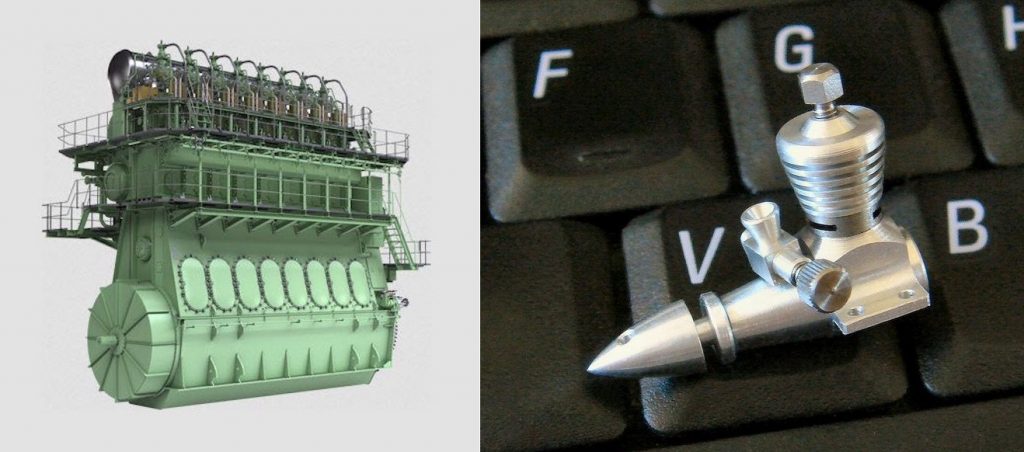
Photo credits: L man.eu R Reddit
A diesel engine is able to be tuned to run on a variety of fuels, far more tolerant than a spark ignition engine. As well as mineral oil derived distillate (diesel) and biodiesel, a compression ignition engine will run on any hydrocarbon rich liquid. Alcohol, vegetable oil, aviation kerosene, even the really heavy bunker C is used in diesel engines, albeit pre-heated. Fuel delivery systems (injector pumps) have to be suited to the fuel too.
A long-lived invention by a short-lived man
Rudolf passed away under strange circumstances in 1913. His body was found dumped at sea after boarding and travelling on a post office steam ship to attend a meeting in London. It is believed he committed suicide while aboard, however there are many conspiracy theories that surround Rudolf Diesel’s death.
Much of this text was originally published in ‘The Essential Guide to Diesel Performance’ and written by Evan Spence.
Would you like to read more history-oriented or diesel performance-related posts? Let us know in the comments below!




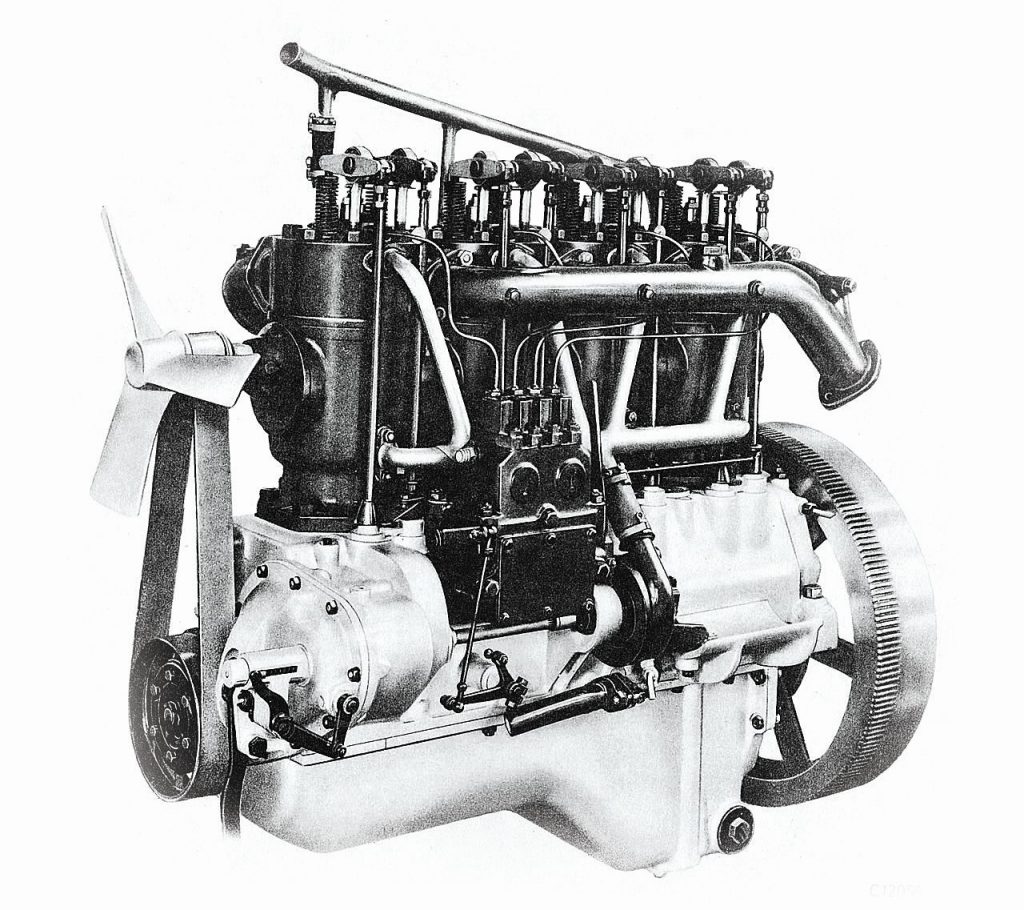



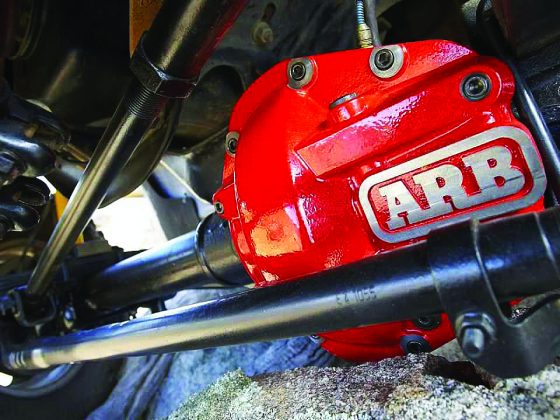
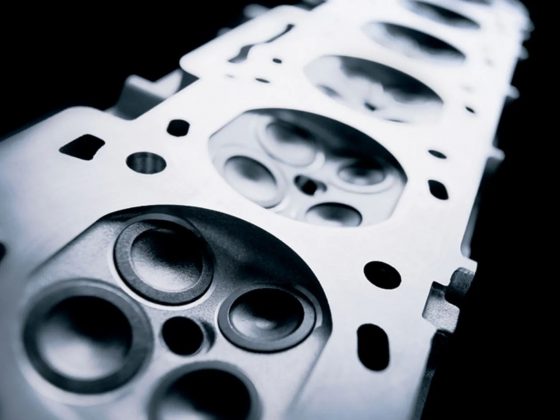
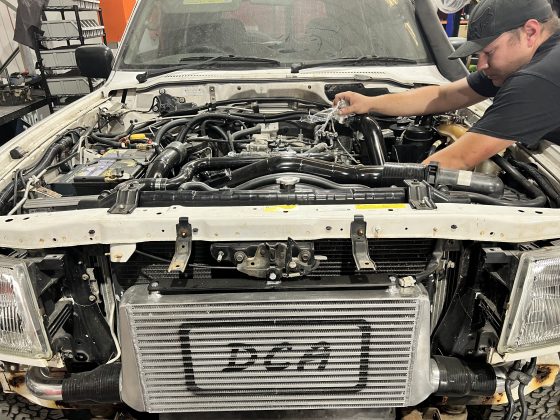

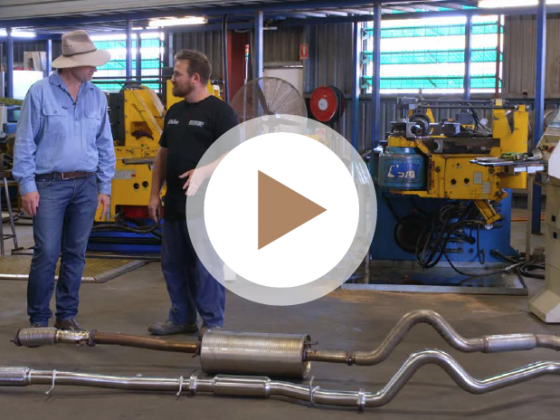


16 comments
Who was Gottleib Diesel?
Not thinking of Gottlieb Daimler?
I have read that his new engine was in competition with the internal combustion petrol engine and that at the time he was in negotiations with England and France to power thir newly developed submarines.
He was maybe ‘rocking’ the boat a bit to much.
No one. You’re thinking of Gottlieb Daimler.
Gottlieb Diesel (b. 1830) was Rudolf Diesel’s father.
very interesting love to read more
Yes more please
Um no he wasn’t, simply check Wikipedia to find out who Rudolf Diesels parents were lol
Would be nice to know more about this man and how he became to invent such a versatile engine
The fact that is often lost in articles about diesel engines, is the efficiency of the process. Nothing else comes close.
Also lost is the fact, that properly maintained, they will last almost indefinitely. When people talk about injector failure or some other failure, it is always as a result of dirt, water, overheating or some controllable external factor.
It is hard to see such an efficient engine going away any time soon. To put it another way, hold a 1 litre container of diesel in your hand, and then think about just what it can do.
Yes please, it’s great to learn about these amazing people.
Hi, i have been trying to find the original book ‘The Essential Guide to Diesel Performance’ by Evan Spence. Where could i buy a copy of it?
Cheers, Dave
IF you’re interested in the history, check out the work of Herbert Akroyd Stuart, who patented direct injection and compression ignition before Diesel made them work well together.
If you’re interested in the history, check out the work of Herbert Akroyd Stuart, who patented direct injection and compression ignition before Diesel made them work well together.
You said exactly what I was going to say….cheers mate.
yes i agree diesel engines r the best and r very very reliable especially the direct injection ones